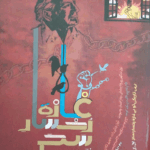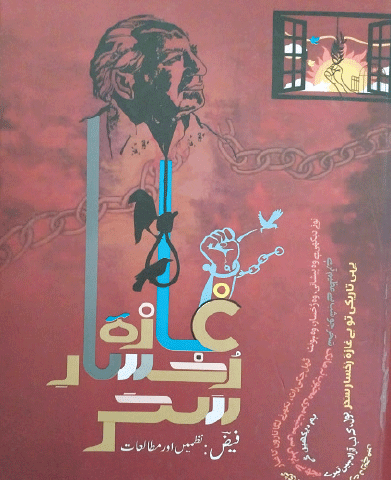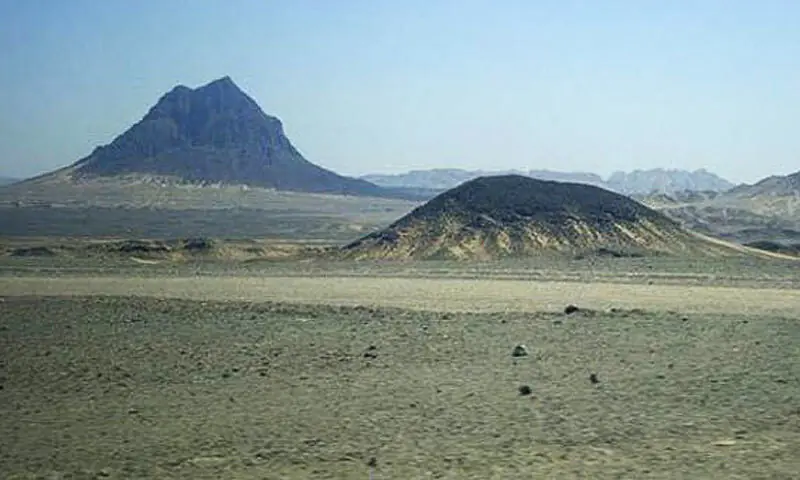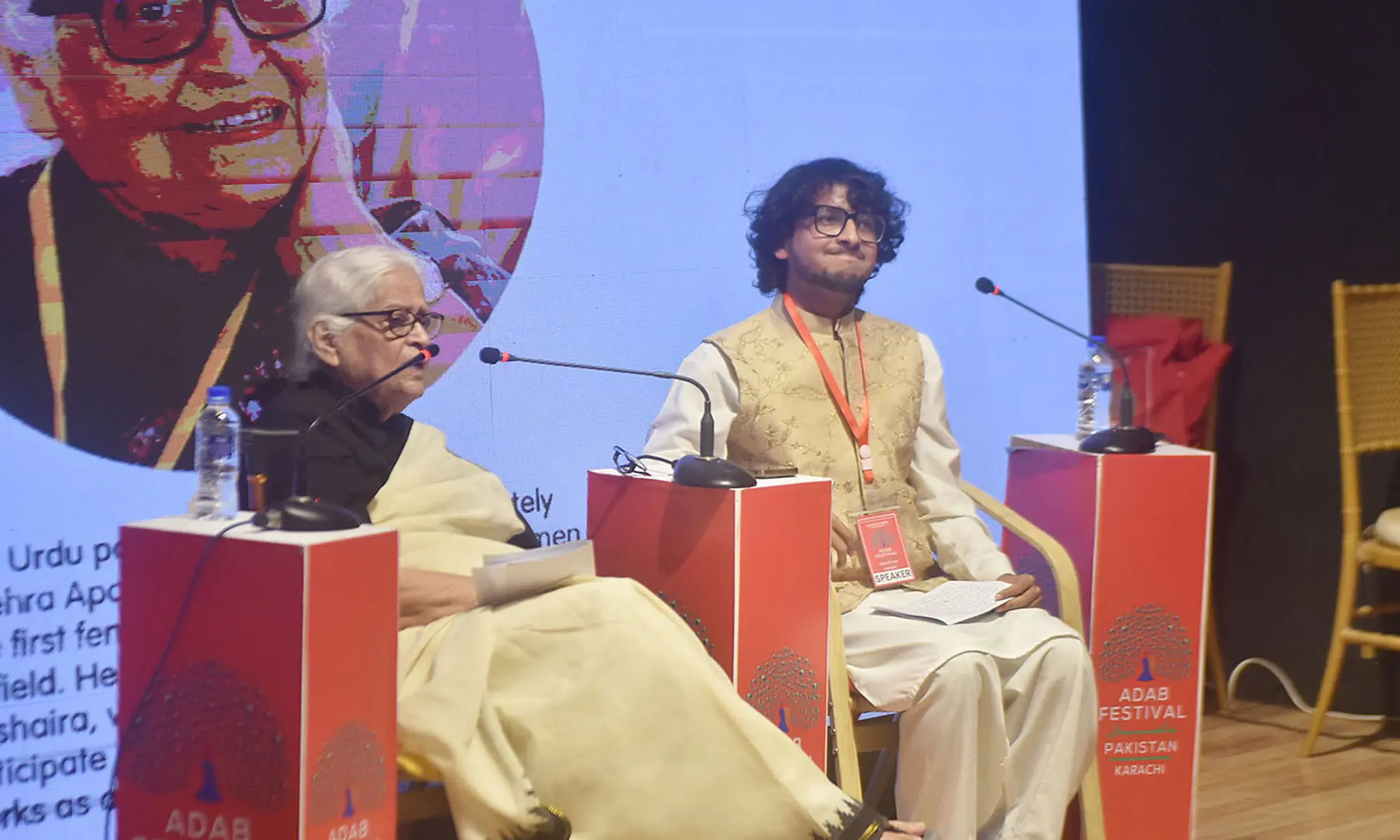FAIZ Ahmed Faiz’s immensely popular poem, usually called Hum Dekhenge’ (we’ll see), is surrounded by some misunderstandings. Firstly, contrary to common belief, Faiz had not composed this poem as a protest against General Ziaul Haq’s martial law, although he was definitely against the regime and had written the poem during Zia’s martial law.
The poem announces that the day would come when crowns would be thrown down and thrones toppled, which was interpreted as a protest against martial law. But in fact, the poem was inspired by the Iranian revolution and Faiz had paid tribute to the common people who had brought about the revolution.
By presenting the Iranian revolution as proof, he expresses his firm conviction that one day we will see the end of the exploitative system and the proletariat will seize power from the feudal lords.
Secondly, the actual title of the poem is not Hum Dekhengebut these are the first words of the first line. The actual title of the poem, written in 1979, is part of verse 27 of chapter 55 of the Quran (Surah Rahman).
The poem alluding to the Day of Judgment aims to remember that the day would come when justice would prevail and those who committed atrocities would be punished. What inspired Faiz to write this poem was the Iranian revolution of 1979, when Iranian monarch Mohammed Reza Pahlavi had to flee the country while millions of people took to the streets in protest.
Dr. Sajid Siddiq Nizami, while explaining the poem in an article, has given the backdrop on which this poem was created. He says Agha Nasir mentioned that when he visited Faiz in London in 1979, Faiz gave him two handwritten poems and asked him to distribute them among his friends in Pakistan. Faiz said that one of the poems is about the Iranian revolution, which happened a few months ago.
Agha said that the Iranian revolution was an Islamic revolution and how could a poem be written about it (since Faiz was a leftist). Faiz responded that a revolution is a revolution, non-Islamic or non-Islamic.
When people take to the streets it becomes a mass revolution. On another occasion, says Dr. Nizami, Faiz commented that after the French Revolution the Iranian evolution was the greatest, as it was driven by the general public.
In addition to the revolution in Iran, Faiz must have had in mind, Nizami adds, the situation in Pakistan, where an elected government was overthrown and the former prime minister would likely be hanged. The poem became immensely popular when Iqbal Bano sang it at a gathering in Lahore in 1986. Since then, the poem is considered the voice of the oppressed and politically oppressed. So much so that even in India it was recited to express protest against the Citizenship Amendment Act, 2019.
The poem was included in Mere Dil Mere Musafir (1981), a collection of poetry by Faiz. Iftikhar Arif had the original manuscript of the book, handwritten by Faiz. It was also part of the complete works of Faiz Saare Sukhan Hamaare (London, 1982), but was not included in Nuskha Hai Vafaa (1984), complete poetic work by Faiz.
Perhaps it was a precautionary measure taken by the editor. It was later included in it but some lines were repealed. Dr. Nizami’s article analyzes the poem and explains that Faiz has used certain Islamic symbols and Sufi motifs to convey the theme.
Nizami’s article is included in a slanted anthology Ghaazaa-i-Rukhsaar-i-Sahar. Published by Collage Publications of Lahore and compiled by Ghulam Ali, a young academic based in Lahore, the book offers 34 articles by renowned critics from India and Pakistan.
Some of the veterans whose articles have appeared in the anthology include Meera Jee, Syed Sajjad Zaheer, Fateh Muhammad Malik, Ashfaq Husain, Tabassum Kashmiri, Sarvarul Huda, Jabir Ali Syed, Qamar Raees, Ahmed Mehfooz, Aftab Ahmed, Ziaul Hasan, Nasir Abbas Nayyar and a few others.
The book is, as Nasir Abbas Nayyar mentions in his blurb, a study known as Close Reading, or in-depth analysis based on linguistic and structural features for deeper understanding.
Faiz died in Lahore on 20 November 1984.
Published in Dawn, November 24, 2025









